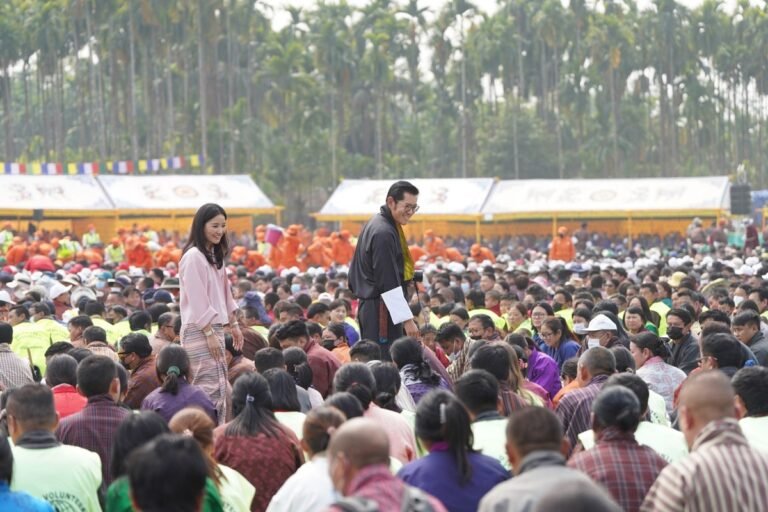
The OP criticizes the government for delays in implementing the GST Act, citing three amendments before its full commencement. The government’s inability to implement the GST is primarily due to issues with the Bhutan Integrated Taxation System. Despite setbacks, the finance minister assures Parliament the GST will be fully operational by January 2026. The GST Bill of Bhutan 2025 was approved by the National Assembly last month with 43 votes in favour and 2 against among the 45 members in attendance. Three important tax bills—the GST Bill of Bhutan 2025, the Excise Tax Bill of Bhutan 2025, and the Income Tax Bill of Bhutan 2025—were passed during the most recent session of Parliament, marking substantial legislative and tax policy improvements.
Travel guide to Bhutan. The opposition voiced reservations about the new tax system’s preparedness, the apparent haste with which all three bills were tabulated in the same session, and the need for a definite start date in compliance with Section 46(B) of the Public Finance Act of Bhutan 2012. The Opposition supports the Income Tax Bill, arguing that it benefits citizens with increased disposable income, reduces business tax burden, and encourages foreign direct investments. They oppose the proposal of a 10% final withholding tax on interest income from fixed deposits and dividends, arguing that the revenue generated from these sources is insignificant and may negatively impact the monetary situation and overall economy.



